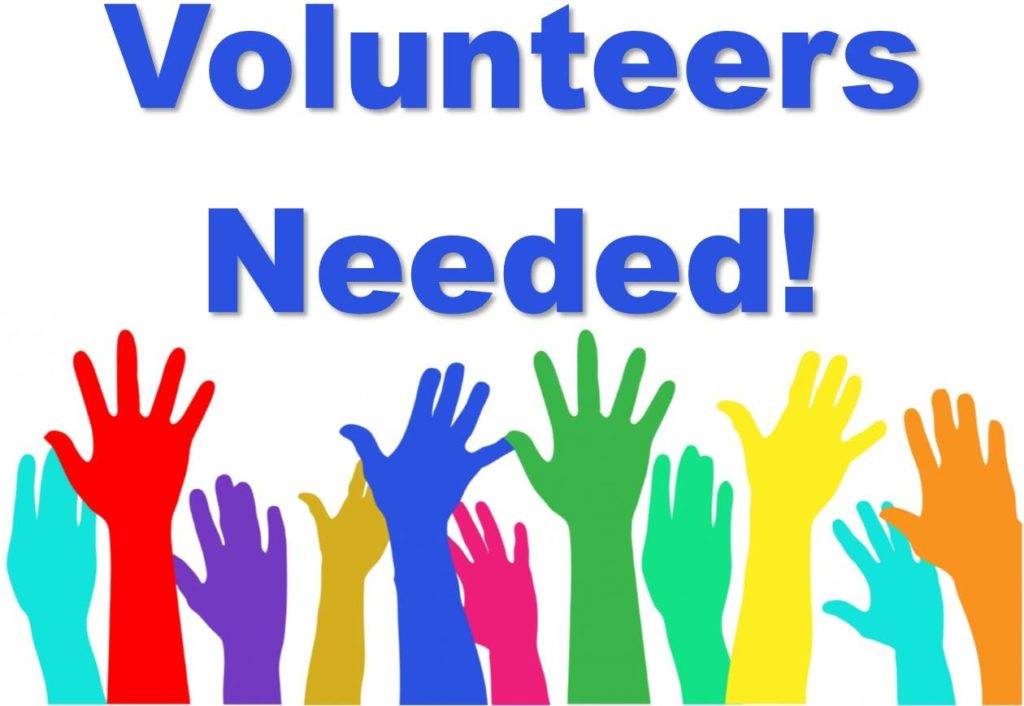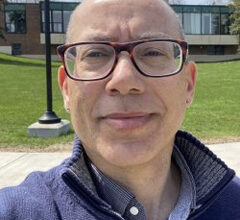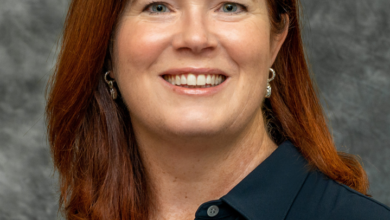Volunteering benefits your community (and your brain)

January is a traditional time to take stock of our health and make some resolutions for the new year. Gyms and fitness classes often fill up as people start new habits. If you’re thinking about ways to improve your health in 2024, you might consider volunteering.
A growing amount of research shows that volunteering offers benefits for our mental and physical well-being and can keep us sharp as we age. And volunteering is also good for brain health.
“We know that people find purpose and meaning when they volunteer, but research suggests it can also be an important part of healthy aging,” shares Philip Shippers, community manager at the Rochester & Finger Lakes Region Chapter of the Alzheimer’s Association. “And volunteering has benefits that can reduce the risk of dementia.”
Research released last year at the Alzheimer’s Association International Conference® found that, in older adults, volunteering improved executive function and episodic memory. In simpler terms, it means our ability to recall events and experiences, plan, and problem-solve is better.
A study published in 2018 found that volunteering, especially volunteering that directly helps other people, reduced feelings of depression, increased life satisfaction, and improved social ties in adults of any age. The researchers included previous studies that found volunteering also increased happiness, reduced stress, and improved self-esteem.
Mayo Clinic recently noted that volunteering releases dopamine in our brains, which makes us feel more relaxed and happier.
All these benefits of volunteering – improved memory, better mental health, stronger social connections, less stress – contribute to improved brain health and a reduced risk of dementia.
If you’re thinking about volunteering, it’s important to find the right fit to reap all the benefits. The most important consideration is what matters to you. Find an organization that matches your values and the things you care about. Also think about the amount of free time you have and your skills and expertise.
The Alzheimer’s Association offers many ways to volunteer and help people in the Rochester & Finger Lakes Region, such as assisting with its educational programs, support groups, advocacy or special events, such as the Walk to End Alzheimer’s.
“The Alzheimer’s Association could not have the impact and reach without our cadre of committed volunteers. We are appreciative of their support to caregivers and people living with dementia in the nine counties that we serve,” says Arlene Wilson, senior director of programs for the Rochester & Finger Lakes Region Chapter.
Visit https://www.alz.org/rochesterny/volunteer to learn more.
Provided information





